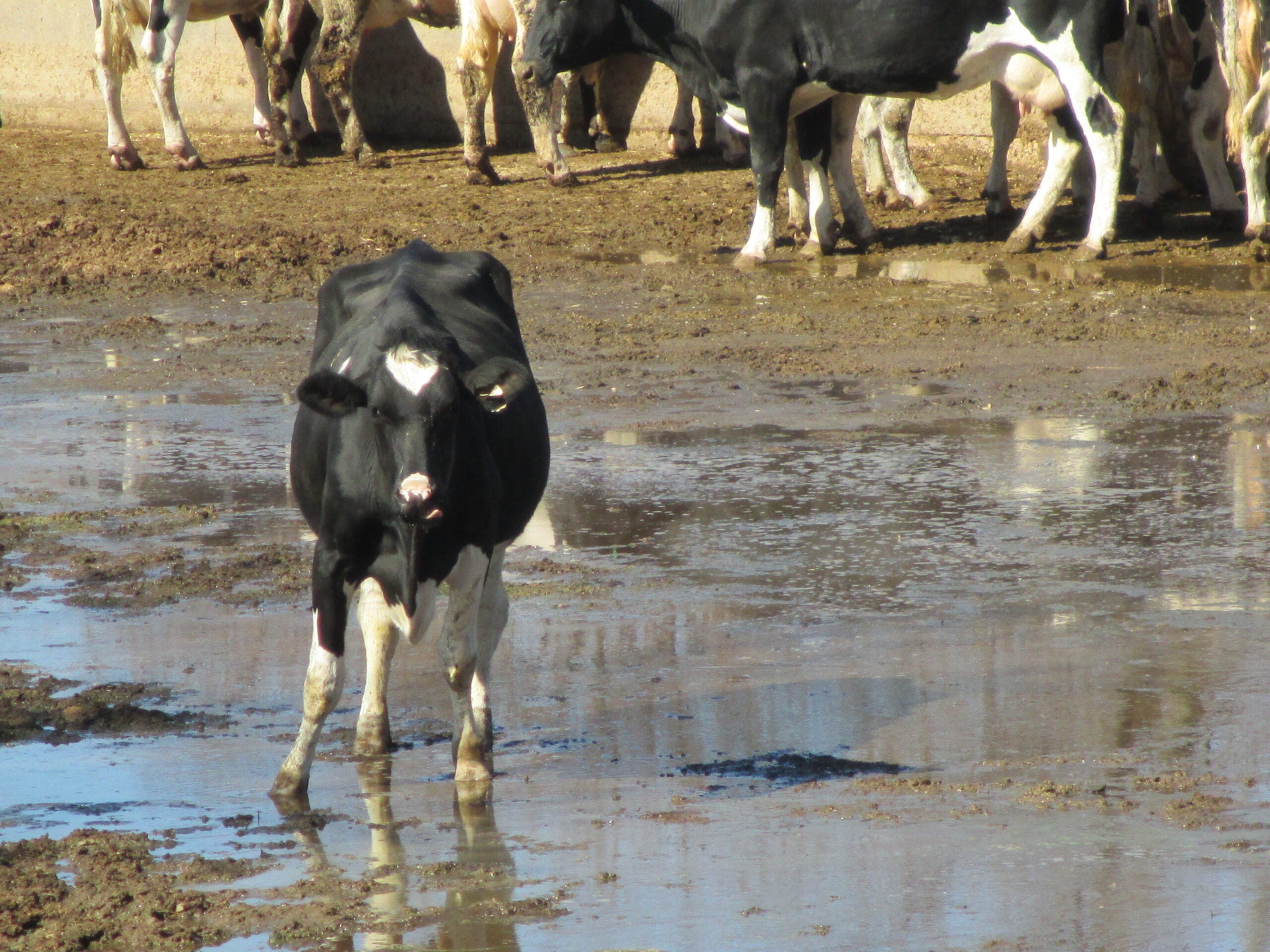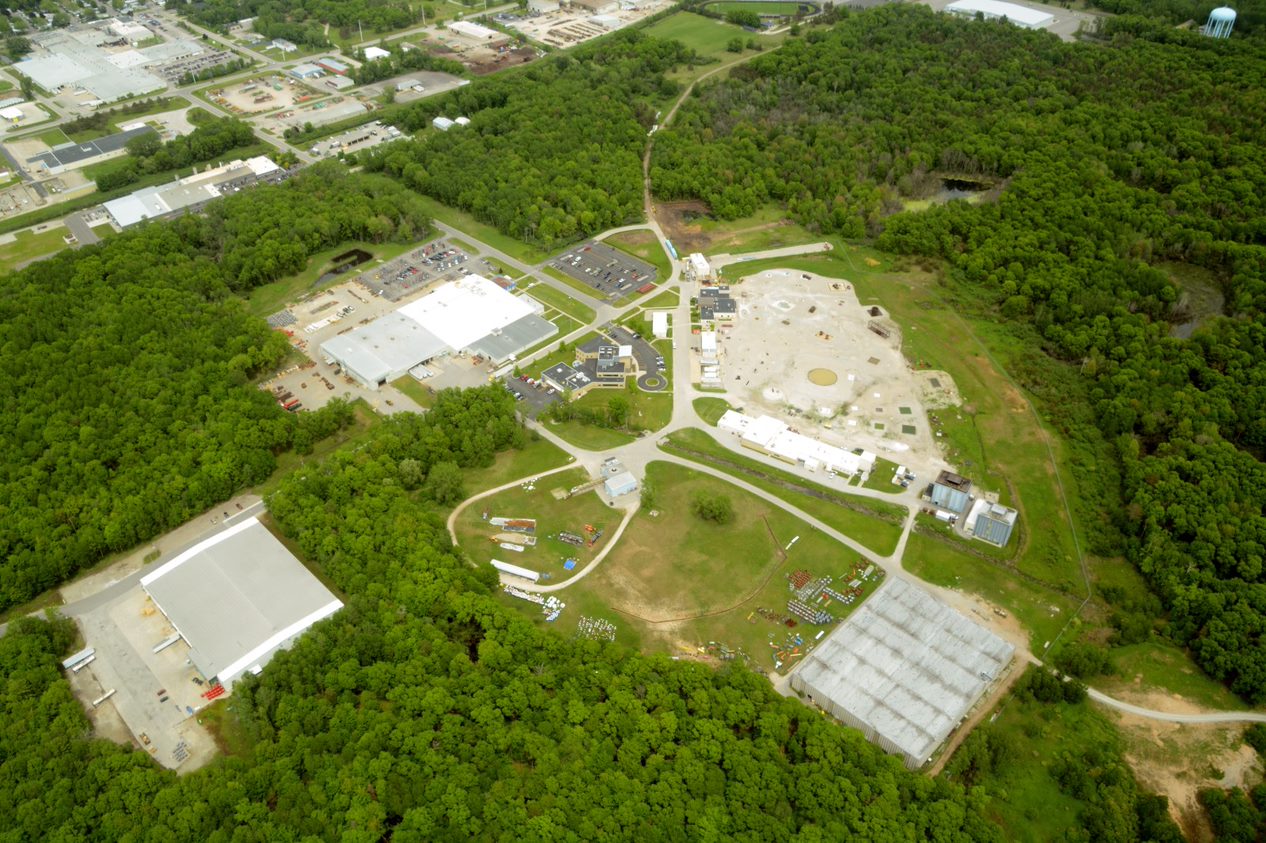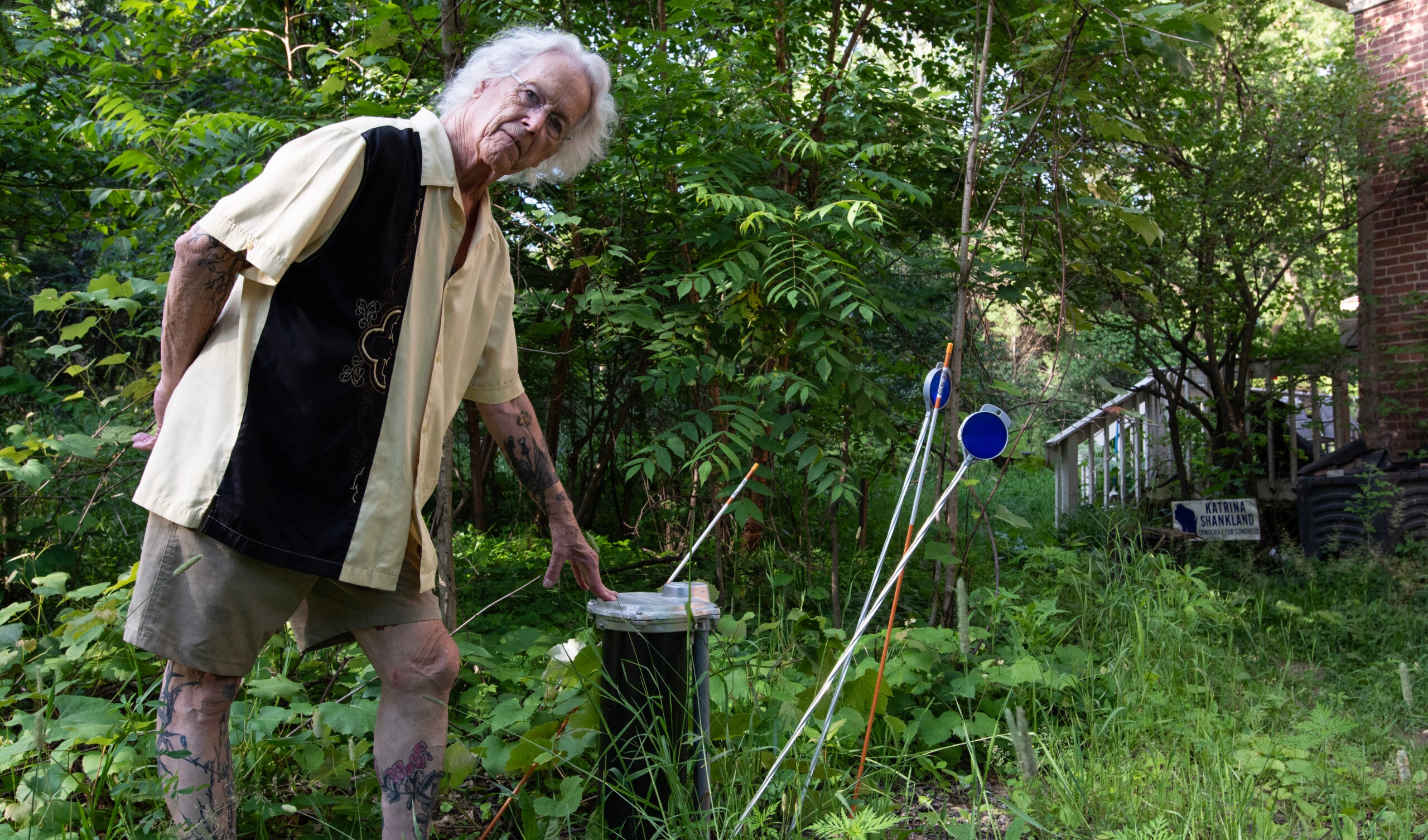A new report calls on the state Department of Natural Resources to crack down on large farms for allegedly contaminating groundwater.
There are 16 so-called concentrated animal feeding operations, or CAFOs, in Kewaunee County. Cattle outnumber humans by 4-to-1 there, and residents complain of contaminated wells.
Lynn Utesch runs a small farm and says private wells in the county are contaminated by manure runoff from the larger operations.
News with a little more humanity
WPR’s “Wisconsin Today” newsletter keeps you connected to the state you love without feeling overwhelmed. No paywall. No agenda. No corporate filter.
“We have people in our community who cannot drink their water, brush their teeth, wash dishes, and who are fearful of bathing in their water if they have an open wound,” he said.
Kewaunee County is part of the Karst geography, with a shallow bedrock that makes it easy for pollutants to get into groundwater.
A 140-page report by the Socially Responsible Agricultural Project alleges that Wisconsin’s DNR isn’t enforcing groundwater regulations or adequately punishing large farms that cause contamination.
Scott Dye, SRAP’s regional coordinator said, “The DNR should be ashamed at the way they treat citizens who call in with these types of legitimate complaints.”
In a written statement, DNR spokesman Bill Cosh said “protection of groundwater and our drinking water in Kewaunee County and the entire state remains a priority” for the agency.
Wisconsin Public Radio, © Copyright 2025, Board of Regents of the University of Wisconsin System and Wisconsin Educational Communications Board.






